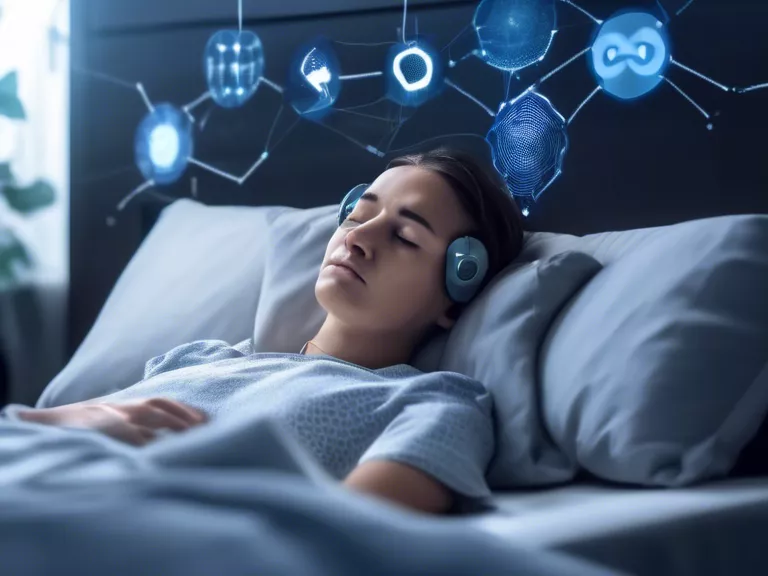
In today's highly digital world, technology has infiltrated every aspect of our lives, including how we understand and improve our sleep patterns. Artificial Intelligence (AI) is playing a crucial role in analyzing sleep patterns for better rest. From wearable devices to smart home gadgets, AI is revolutionizing the way we approach sleep and helping us achieve a more restful night's sleep.
One of the key ways AI is impacting sleep analysis is through the use of wearable devices. These devices, such as smartwatches and fitness trackers, collect data on our sleep patterns throughout the night. By utilizing machine learning algorithms, these devices can interpret this data to provide insights on our sleep quality, duration, and efficiency. AI can detect patterns in our sleep cycles, such as REM and deep sleep stages, and offer suggestions for improving our sleep habits.
AI-powered sleep tracking apps are another tool that leverages artificial intelligence to analyze sleep patterns. These apps can provide personalized recommendations based on our unique sleep data. For example, they may suggest adjusting bedtime routines, creating a more conducive sleep environment, or changing diet and exercise habits to promote better sleep. By continuously learning and adapting to our behaviors, these apps can help us make informed decisions to optimize our sleep quality.
Smart home devices are also integrating AI to enhance sleep analysis. Devices like smart mattresses and sleep tracking sensors can monitor our movement, breathing, and heart rate during sleep. By processing this data with AI algorithms, these devices can provide real-time feedback on our sleep patterns and detect any issues that may be disrupting our rest. This information can then be used to make adjustments to improve our sleep environment or habits.
In conclusion, AI is revolutionizing the way we understand and improve our sleep patterns. By utilizing machine learning algorithms and data analysis, AI is helping us achieve better rest and ultimately, better health. With the continued development of AI technology, we can expect even more sophisticated tools to support our sleep goals in the future.



